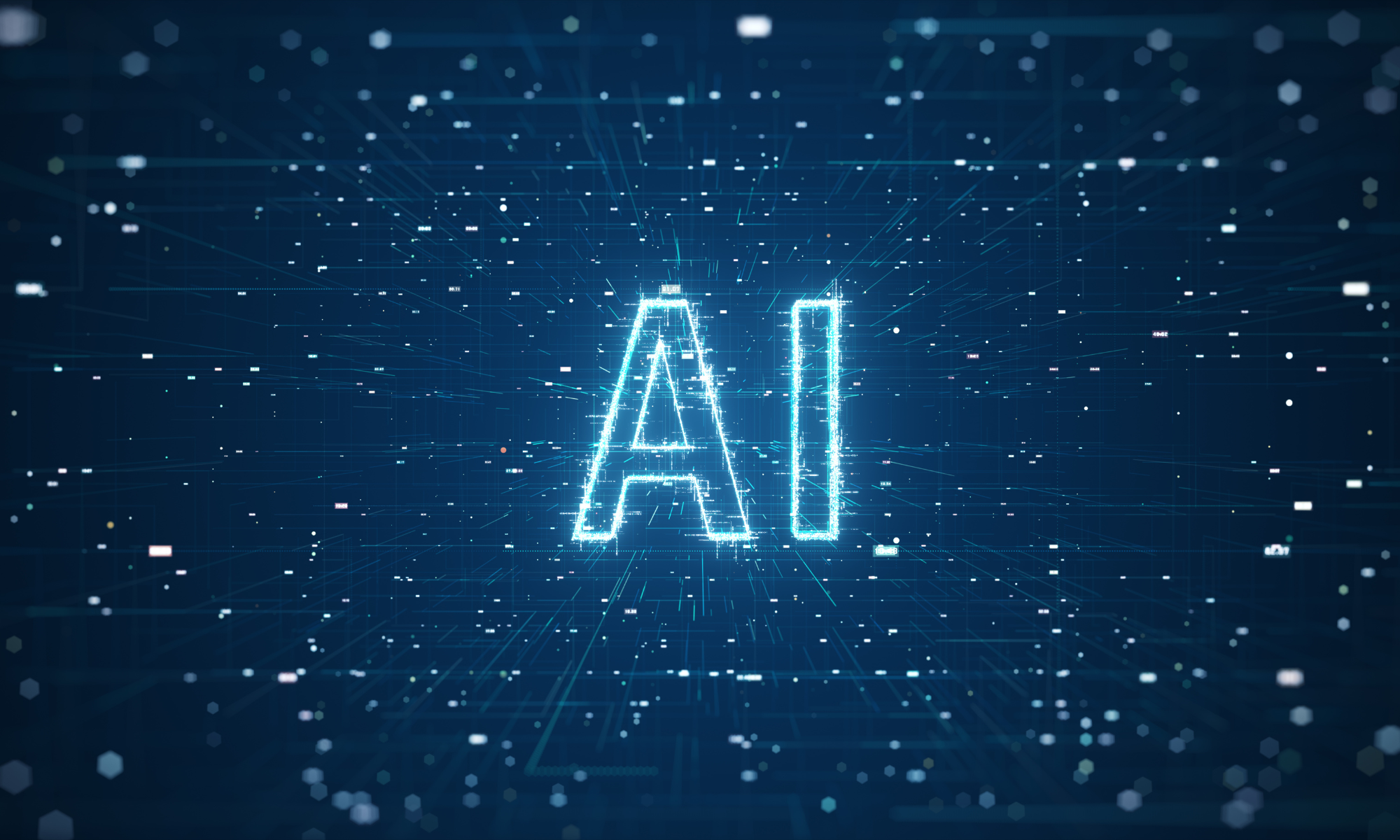In the rapidly evolving digital landscape, Artificial Intelligence (AI) is no longer a futuristic vision but an integral part of our everyday lives. From voice assistants to personalized recommendations, AI’s impact is profound and far-reaching. One area where AI has significant potential to drive transformation is digital marketing, more specifically, search engine optimization (SEO) and search technology.
SEO has always been a dynamic field, evolving continually to keep pace with changing search algorithms and user behavior. With the advent of AI, we can expect SEO and search technology to undergo revolutionary changes. Let’s explore how.
AI in Search: Redefining User Experience
Search engines have come a long way from merely crawling keywords to understand the context and meaning behind a user’s query. AI and machine learning have allowed search engines to deliver more accurate, relevant results based on the user’s intent, not just isolated search terms.
Google’s BERT (Bidirectional Encoder Representations from Transformers), for instance, leverages Natural Language Processing (NLP) to understand the nuances and context of a search query, resulting in more accurate search results. We can anticipate further advancements in this area, with AI improving the understanding of complex, conversational, or ambiguous queries.
The emergence of voice search, powered by AI, is another game-changing trend. ComScore predicts that 50% of all searches will be voice searches by 2025, forcing businesses to optimize for voice search to maintain visibility in SERPs (Search Engine Results Pages).
AI and SEO: A New Era of Optimization
Traditional SEO strategies have revolved around keyword optimization, backlinking, and producing quality content. While these elements remain important, AI promises to bring in an era of predictive SEO, where we can anticipate user behavior and preferences to tailor the content accordingly.
For instance, AI tools can analyze huge volumes of data to understand search patterns and trends, allowing marketers to optimize their content strategy proactively. Additionally, AI can automate mundane SEO tasks such as keyword research, meta-tagging, and link building, freeing up marketers to focus on strategy and creative endeavors.
Furthermore, the rise of AI in search also means that search engines are prioritizing user experience more than ever. Factors like page loading speed, mobile optimization, and content readability are becoming vital for SEO. It’s not just about ranking anymore; it’s about offering the best solution to the user’s query.
Semantic SEO: The Future is Now
Semantic SEO is another area where AI is making waves. Rather than focusing solely on keywords, semantic SEO involves understanding the intent, context, and meaning behind a user’s search query.
AI-powered SEO tools can analyze content semantically, suggesting improvements based on relevance, readability, and keyword usage. This technology goes beyond just improving SEO performance; it helps create content that is engaging, useful, and perfectly tailored to the audience’s needs and interests.
Final Thoughts: AI – A Game Changer, Not a Threat
AI is undoubtedly a game-changer for SEO and search technology. However, it’s essential to view AI not as a threat that might automate SEO jobs, but as a tool to drive more effective, personalized, and user-centric digital marketing strategies.
Embracing AI is the way forward. It’s about leveraging the power of AI to deliver better user experiences, create more relevant content, and ultimately, drive business growth. As we step into the future, the question is not whether we should incorporate AI into our SEO and search strategies, but how quickly we can adapt and evolve with this transformative technology.
The future of SEO is here, and it is intelligent, automated, and user-centric. Are you ready for it?



